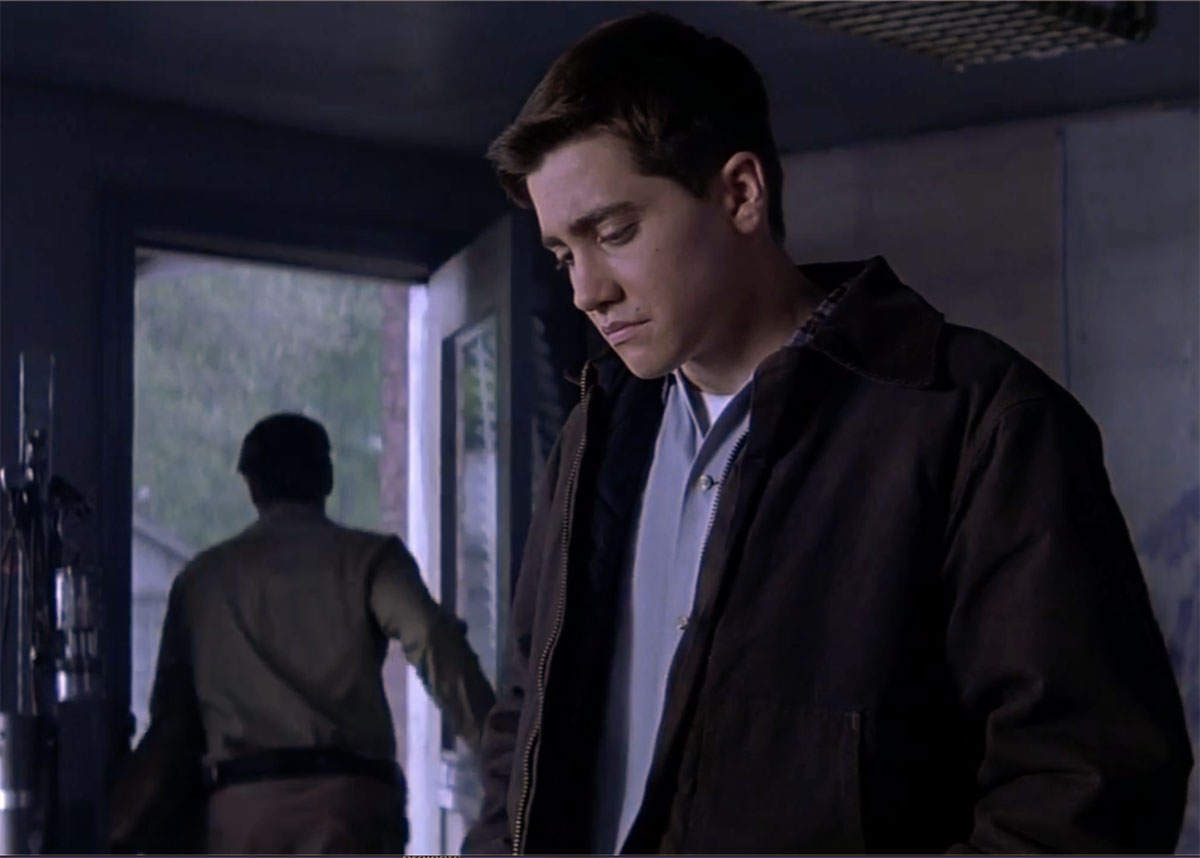
Decent Americans are horrified by the fact that 45 percent of American voters would vote for a con man like Donald Trump. Having lived in the American South for much of my life and having known many Republican jackasses, and having observed as these people have been manipulated and misled since the televangelist days, I believe I’m as qualified as anybody to describe what’s wrong with Trump voters and to make some guesses about how dangerous they will be in the future.
I have written here in the past about what’s wrong with authoritarians, whose moral and cognitive defects find a home with their own kind in the Republican Party and evangelical churches. I have argued that authoritarians are not just morally different, they are morally defective. I have argued that one of their most dangerous defects is the inability to judge character. A short way of saying it is that they have low moral IQ’s. Incapable of understanding the thinking of people with higher moral intelligence, they project their own inner ugliness onto others. They seem to truly believe, as they try to steal an election, that the people they hate are stealing the election from them. For an academic view of what’s wrong with authoritarians, I recommend the work of Bob Altemeyer, a Canadian psychologist who made a career of studying authoritarians. It was Altemeyer, for example, who described the creepy submissiveness of authoritarians, the factor that makes them crave a Big Man (it’s usually a man) to submit to and to be commanded by. You see this craving for submissiveness in their churches, too — the deep need to grovel before an all-powerful god and to “submit to God’s will.”
Yes, they have always been with us. But how dangerous they are outside their own families depends on who winds them up and leads them. Their abilities are too limited to self-organize. Most of them, with modest natural gifts and modest educations, never achieve much. Even in small, localized aggregations such as a lynch mob, you will find a leader, and the rest are just a mob. That leader will be one of the worst of them, someone with a special gift for incitement and manipulation. Comparing Trump’s Republican Party with the Nazi Party is entirely fair. Psychologically they’re the same people. The big difference is that Trump is incompetent, and he didn’t have a plan. But Hitler was a genius, and he did have a plan, which is why the scale of Hitler’s catastrophe was so much greater. In the U.S., it would be interesting to track the behavior of authoritarian mobs all the way back to the Civil War. But I’m not a historian, so I would presume to track them based only on what I’ve seen in my lifetime. My view is that though morally defective people are always with us, they become a threat to all of us only when they have a Big Man such as a Hitler or a Trump.
They were certainly active, and violent, during the Civil Rights era. But I was just a boy then. It was during the 1980s, during the rise of televangelists, that I really began to notice them. Jim and Tammy Bakker were a classic example. It was clear that people could be separated into two categories — those who would laugh and see instantly that Jim and Tammy Bakker were frauds and grifters, and those who saw God in them and sent them money. The televangelist era, though, was just a business operation, a way of separating the gullible from their money.
The danger to the nation began in 1996, with Fox News. Fox News — owned, of course, by a billionaire oligarch — went to work, profitably, creating a propaganda narrative that would turn the gullible into an angry base for the Republican Party. That base was too dim to realize that they never got anything out of it, other than scapegoats, fears, the bliss of their hatred and rage, and solidarity with their fellow authoritarians. The true agenda was the agenda of plutocrats and oligarchs. The rich got richer, the poor got poorer. Authoritarians ate it up, feasting on right-wing red meat that would gag their dogs. When Trump came along, they finally had their Big Man. They got their hands on the highest office in the land — the presidency. To do it, they all had to work together — the propaganda arm (Fox News), the Republican Party, authoritarian churches, and just enough gullible voters to achieve minority rule. The rest is history, and I need not try to recite it here.
So the question is, can it happen again?
In a Nov. 6 piece in the Atlantic, Zeynep Tufekci writes that America’s Next Authoritarian Will Be Much More Competent. He is right. And his warning implicitly acknowledges that the gullible masses are dangerous only when they have a Big Man. But the Big Man can’t do it alone. As in 2016, a high level of organization is required, involving Fox News and the Republican Party, in addition to enraged authoritarian voters and a Big Man.
I’m of the view that what Trump does hereafter doesn’t matter. Trump is doomed, though someone will try to take his place.
What matters now is: What will Fox News do? What will the Republican Party do? Will they find and anoint another Big Man and try to pull off another 2016? Or will 2020 have taught them that that won’t work anymore, because decent America is onto them? I have no predictions on that, because neither Fox News nor the Republican Party is rational. If they were, they’d modify their strategies to try to appeal to a larger number of voters and stop trying to maintain minority rule. They surely must realize that everything they did during the 2020 election to fire up the base backfired by motivating decent Americans to see the emergency and go vote.
With Trump doomed (and headed to prison), the vast right-wing conspiracy is like a snake without a head. The useless thrashing and rattling are now dominating the news. If they try for a repeat of 2016, then we must wait to see whether they are able to find and raise up another Big Man. If they do, then we must take him down, quick and early. We were far too slow in recognizing the danger of Donald Trump, because to decent people Trump (like the early Hitler) is just a clown and con man.
Goodbye, Donald Trump. Your doom will be a joy to watch, as justice and the law and your debts catch up with you. As you go to join your good friend Adolph and wait for your children and your party lords to come burn with you, try not to let the gates of hell hit you in the ass on the way in.
One of the services that the church provides to the sorriest and most demented of human beings is that it allows them to believe that they are morally superior to the people they hate.









